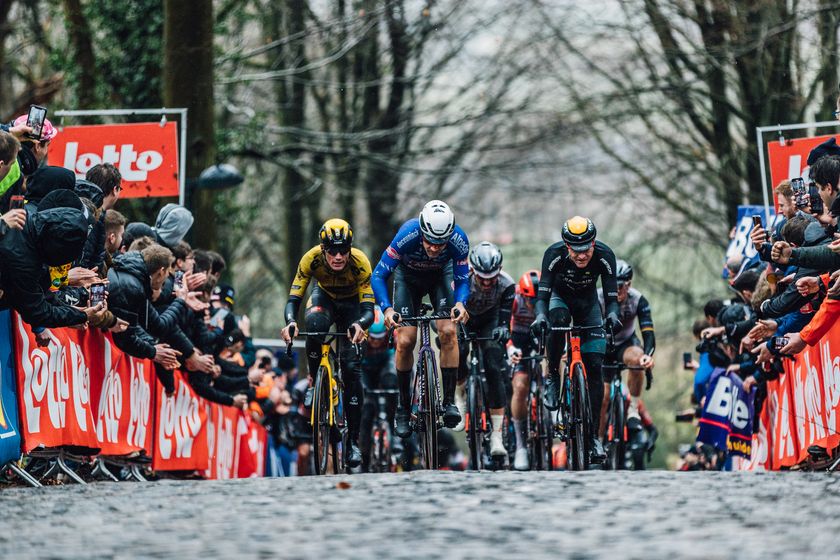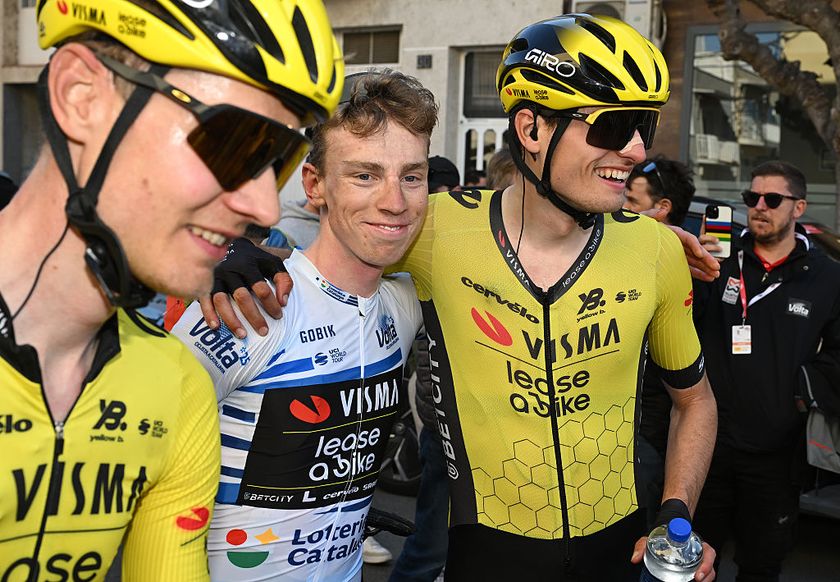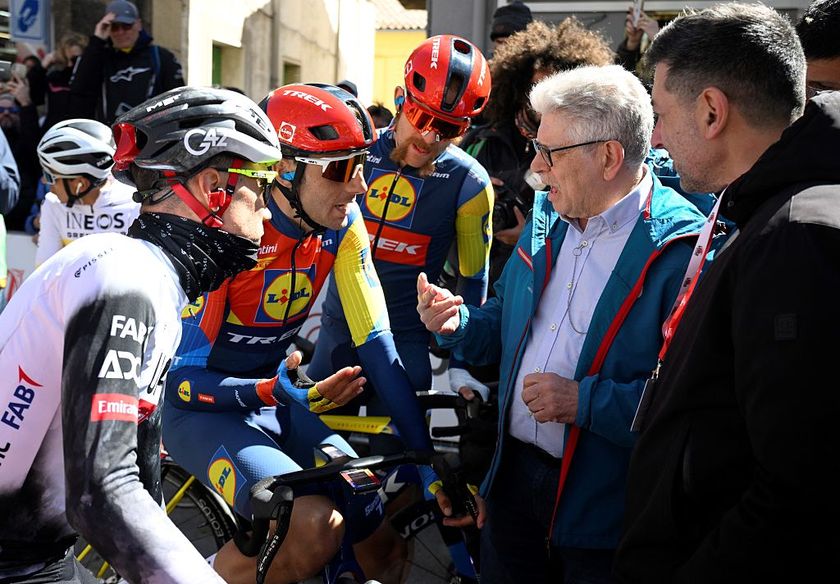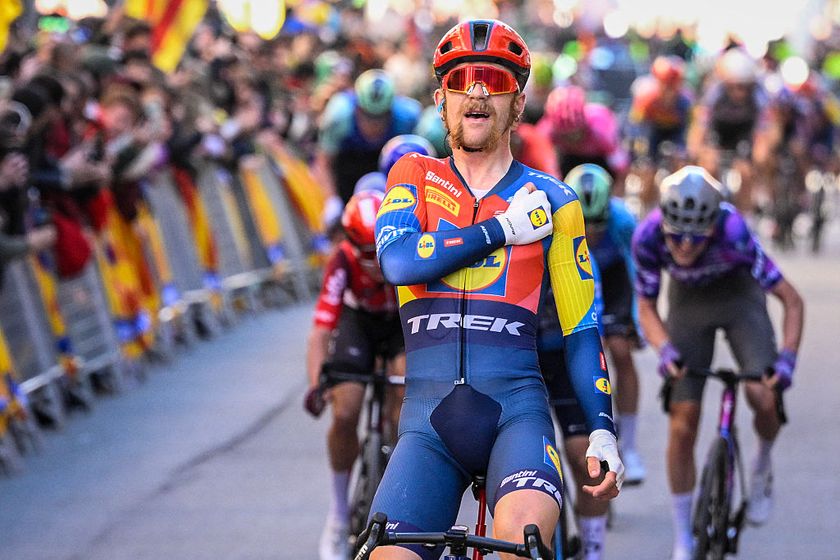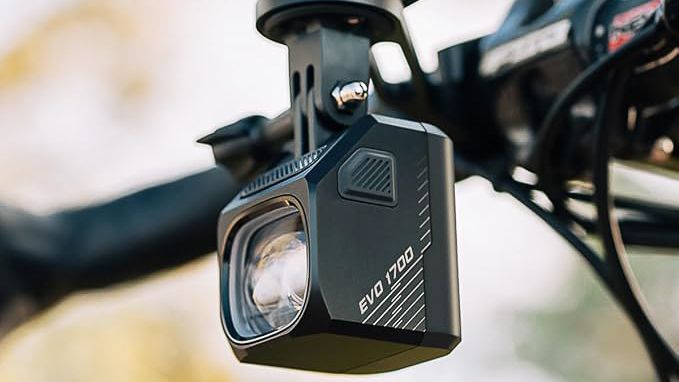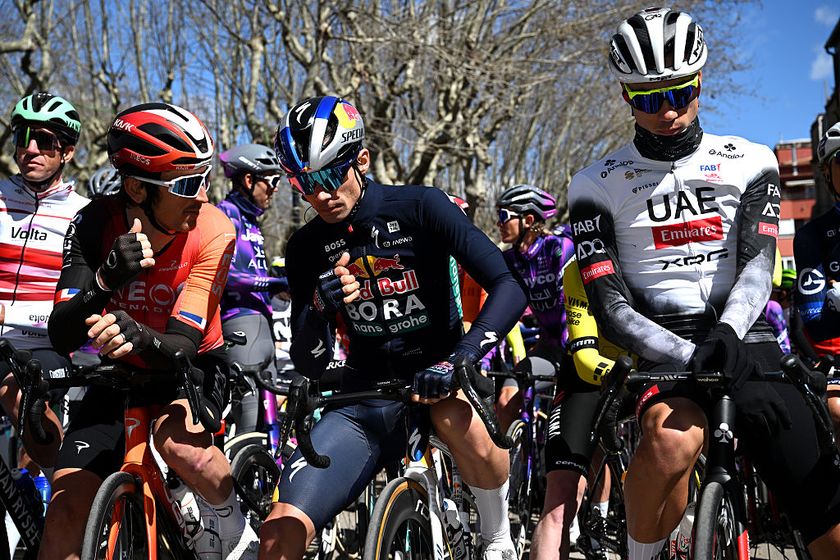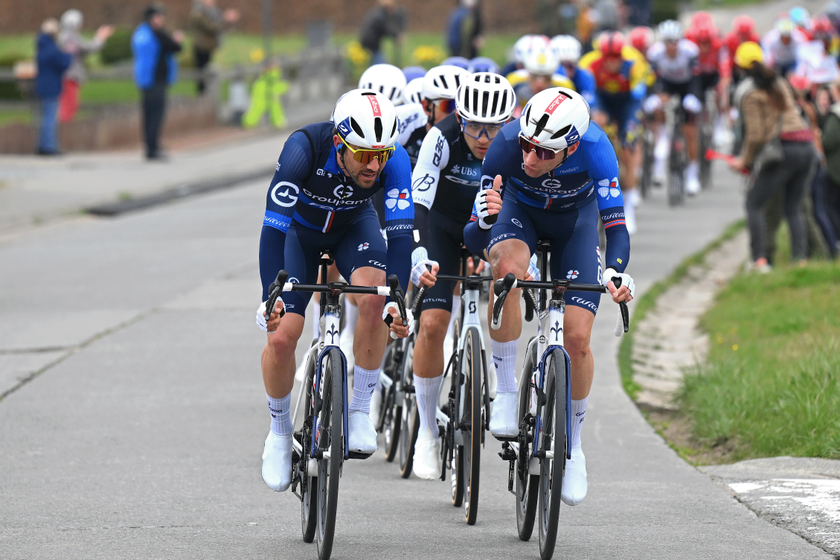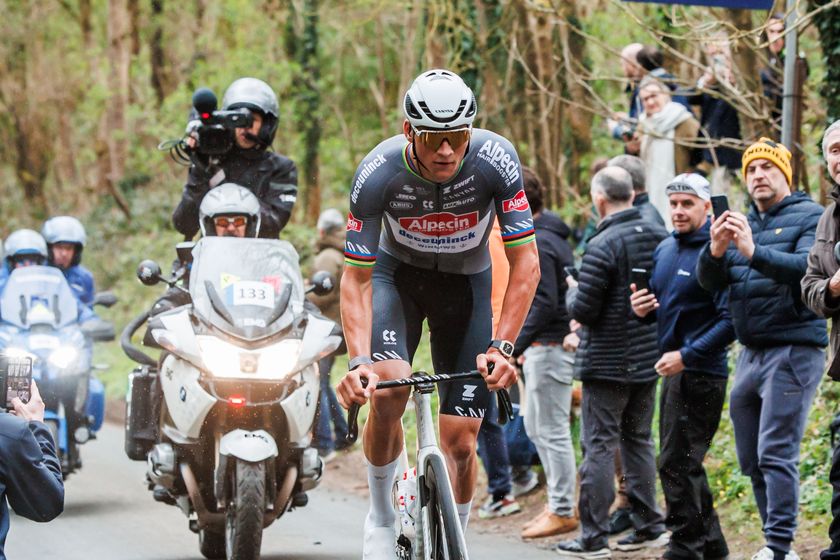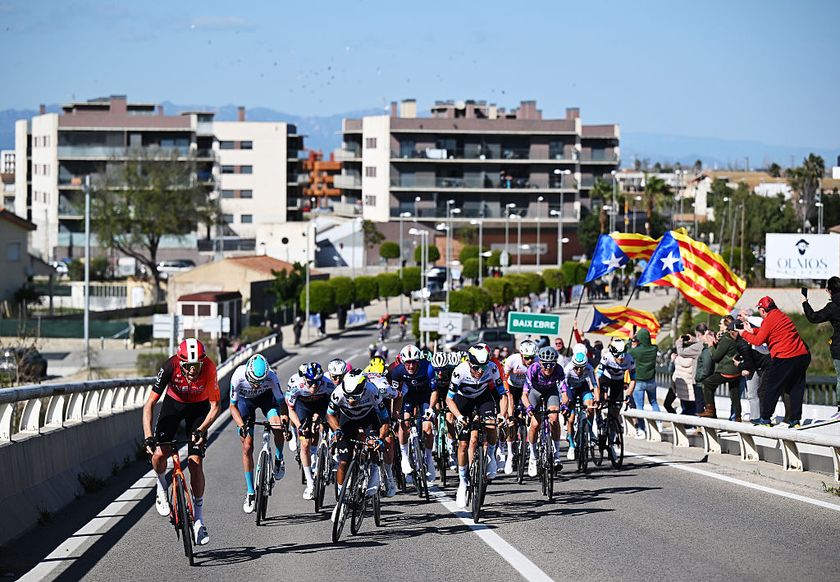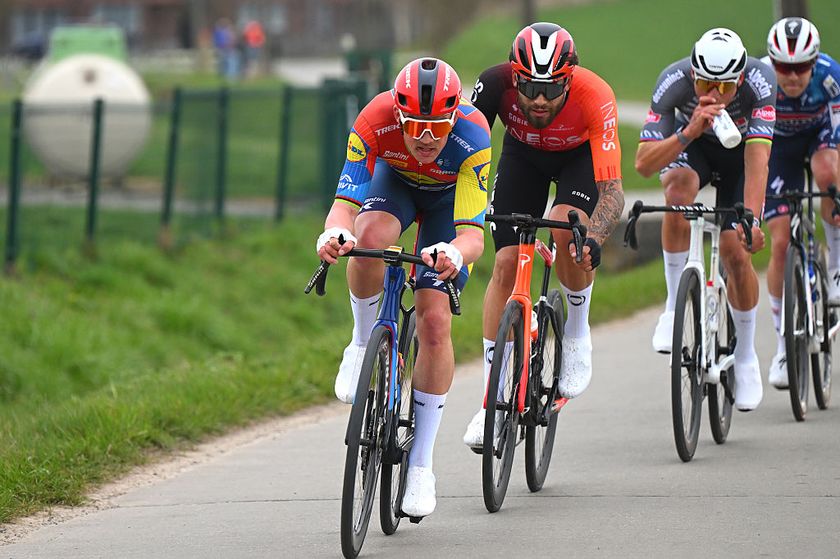TUE problem is about much more than Wiggins, says Roche
Irishman repeats call for revision of system





Questions over Team Sky's ethics have dominated the news cycle ever since the cyber hacking group Fancy Bears revealed that Bradley Wiggins had availed of a therapeutic use exemption to receive injections of the powerful corticosteroid triamcinolone acetonide in 2011, 2012 and 2013, and continued on Friday as UK Anti-Doping began an inquiry into "allegations of wrongdoing in cycling," which is understood to concern both Sky and British Cycling.
Morale can hardly have been high among the Sky contingent that rode to fourth place in Sunday's team time trial at the UCI Road World Championships in Doha, though Nicolas Roche told Cyclingnews after the finish that the weighty issues involving the team had not affected the sextet in Qatar.
"It's related to 2011, when I think two-thirds of us here today were not even on the team. It's something we have more info on from reading the media than anything else. We learn about it on Twitter and the internet. That's how much we know about it. You just get the info at the same time as everybody else," Roche said.
Even before the Fancy Bears information leak brought the issue into sharper focus, however, Roche expressed concern at the existing system of granting TUEs, telling the Sunday Independent last year that it was "the number one fight the UCI have to pick up on." The revelation that his former teammate Wiggins benefitted from that system has not swayed his thinking on the matter.
"Like I said already on my Twitter a few weeks ago, when WADA was hacked the first time and before the Wiggins story, there is a major problem with TUEs," Roche said. "There is a problem with the actual system. Again, you can do whatever you want against Wiggins, but unfortunately, as far as ethically it's wrong, he is within the rules. It is wrong that these rules are like that. That's where the main problem is. Once we get those rules right, there won't be any abuse, but that's the priority."
Wiggins' use of cortisone, and the apparent inconsistencies in Sky's ethical stance, have rightly generated the bulk of the headlines, but Roche feels the entire system of granting TUEs, in cycling and in other sports, needs to be revised. His 2016 season, for instance, was blighted by illness, yet he never required a TUE for treatment.
Read more
Get The Leadout Newsletter
The latest race content, interviews, features, reviews and expert buying guides, direct to your inbox!
- Tour de France winners Froome and Wiggins named in confirmed 'Fancy Bear' WADA hack
- Dr. Freeman to skip Road Worlds due to investigation
- UK Anti-Doping 'swoop' into British Cycling
- Pursuit of Tour de France glory costs Team Sky their idealism
"It's a problem not just in cycling, but in all sport. There was something like 6,000 TUEs this year or something like that. To be honest, this year, I was sick three times and I never needed a TUE, so there is a real problem on the easiness of getting TUEs and how athletes can abuse them. I think if you work on that, then you have a solution. But the problem is much more than Wiggins, it's the whole system that needs to be revised."
Team time trial
Roche was one of the strongest performers in Sky's team time trial effort on Sunday afternoon, where he was joined by Ben Swift, Geraint Thomas, Vasil Kiryienka, Michal Kwiatkowski and Danny van Poppel. With Van Poppel hit by illness, their ambition was limited from the outset, and they placed 54 seconds down on winners Etixx-QuickStep, but just 17 seconds shy of Orica-BikeExchange's bronze medal.
"We had a big blow with Danny falling sick a few days ago and we didn't have a substitute rider, so we tried to manage him and he took two or three turns early on," Roche said. "With that in mind, we pulled out a very decent time trial, we were competitive. In these team time trials, the pace is so high that you just have to be at 100 per cent if you want to have a chance of a medal."
The late afternoon start meant that the elite men were spared the soaring temperatures that blighted the women's team time trial earlier in the day, though the complete absence of spectators on the roadside made for a rather underwhelming atmosphere. But even at more heavily attended Worlds in the past, the team time trial has struggled to enthuse to the same extent as the road races later in the week.
"It's just basically a two-minute podium presentation and a sticker on the bus for a year afterwards. It's a pity there's not more made around it, if they want to bring it to another level," Roche said.
"I think it's important to have a World Championships in the team time trial. Maybe it is the wrong time of the year to have it now, at the same time as the national teams' World Championships. There are a lot of times in the year where there's a gap, like in August, for example. I'm pretty sure if there was a good location, it would be a very interesting and more marketable event. The event is a great idea, but I think they just need to work around it."
Roche will line out in the individual time trial on Wednesday but not Sunday's road race, though his sojourn in the Gulf will continue into late October, as he lines out at the Abu Dhabi Tour, his final race for Team Sky before he joins BMC in 2017.
"After my illness in August, I was keen to go back racing, because I didn't want to finish my season then," he said. "I stopped early last year because I was completely on my knees after the Vuelta, but I just felt it was a very long winter. That said, I do feel I was in better shape two weeks ago than I am now. It's starting to feel long."

Barry Ryan was Head of Features at Cyclingnews. He has covered professional cycling since 2010, reporting from the Tour de France, Giro d’Italia and events from Argentina to Japan. His writing has appeared in The Independent, Procycling and Cycling Plus. He is the author of The Ascent: Sean Kelly, Stephen Roche and the Rise of Irish Cycling’s Golden Generation, published by Gill Books.
